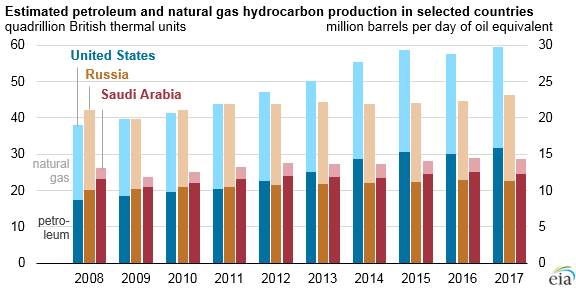Gas prices have been on the rise, reaching a high not seen since summer of 2015:

The price increases could have both a positive and negative effect on California and the country’s transportation politics and climate policies.
First, let’s look at the price increases, which have been volatile and uneven. As the Wall Street Journal reported last week:
“The crude complex has seen prices stall a bit near recent highs as the market weighs whether a rising tide of geopolitical risk and strong demand is enough to continue overshadowing U.S. production growth to force prices steadily higher,” said analysts at Schneider Electric.
But analysts expect price declines to remain limited: the potential loss of Iranian oil from global markets might open up extra space for U.S. exports, while the market has already tightened due to falling Venezuelan output, worldwide economic growth and production curbs from OPEC members.
If the price rise lasts, it could affect some key transportation policies and efforts to decarbonize driving. On the positive side for the environment, high gas prices could:
- Boost battery electric vehicles: higher gas prices will encourage people to buy more fuel-efficient vehicles, particularly electric vehicles. That’s an all-around win for the environment and long-term efforts to transition away from fossil fuels.
- Reduced vehicle miles traveled: higher gas prices mean people will be less likely to drive as much, reducing emissions in the process and making it easier to meet our climate goals and decreasing the demand for outlying sprawl housing.
But on the negative or mixed side, higher prices could:
- Help California’s gas tax repeal measure: the California Legislature took a courageous step last year when they voted as a super-majority to increase the gas tax to pay for transportation infrastructure maintenance. Republicans have now put the tax on the November ballot as a voter-initiated repeal measure, hoping it will energize their base to come out to vote. High gas prices in November could give this measure real political life (although I’d rather see legislators investigate possible oil industry price manipulation instead).
- Possibly reduce economic output with less money for investment in clean technology: high gas prices could potentially depress sectors of our economy, which could dampen investment in clean technology generally and undermine political will to tackle environmental problems. But high gas prices in the U.S. cut both ways: while it hurts consumers, it helps oil and gas producers. And in the U.S., we’re among the global leaders in fossil fuel production, as this EIA chart shows:

So high gas prices could boost oil-producing states and the economy for those residents, which could have varied effects on those states’ willingness to pursue clean transportation policies (although admittedly probably minimal, as many of these states are dominated by Republicans and unlikely to support pro-clean tech policies anyway).
Overall, high gas prices could be a political win for most clean transportation policies and technologies, but with some potentially negative consequences as well.


